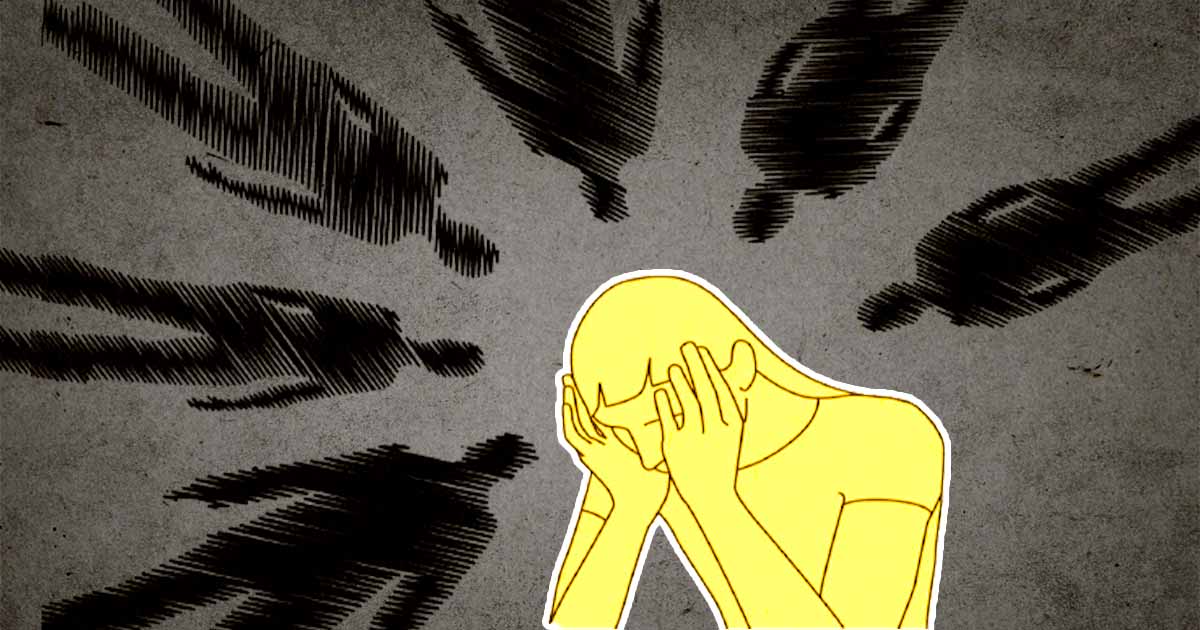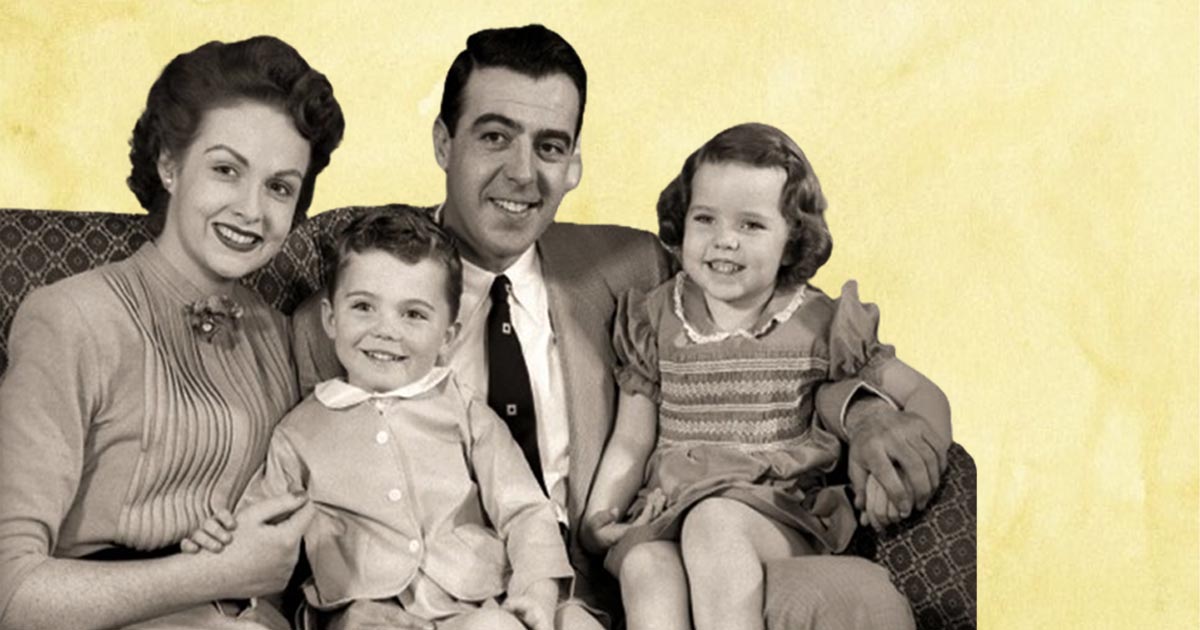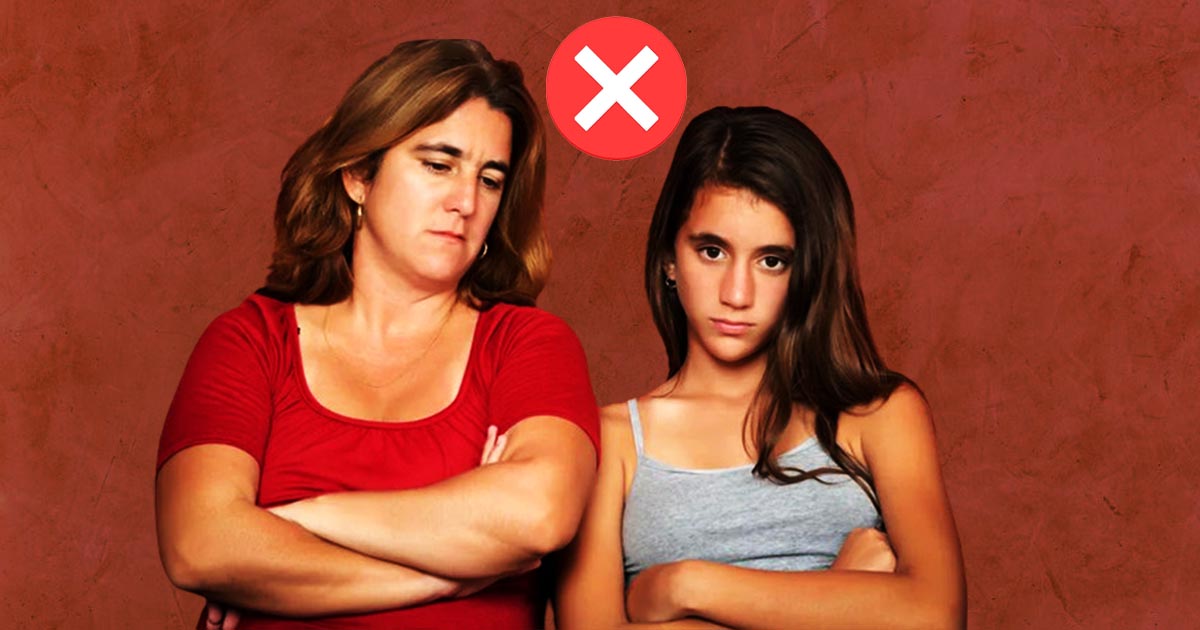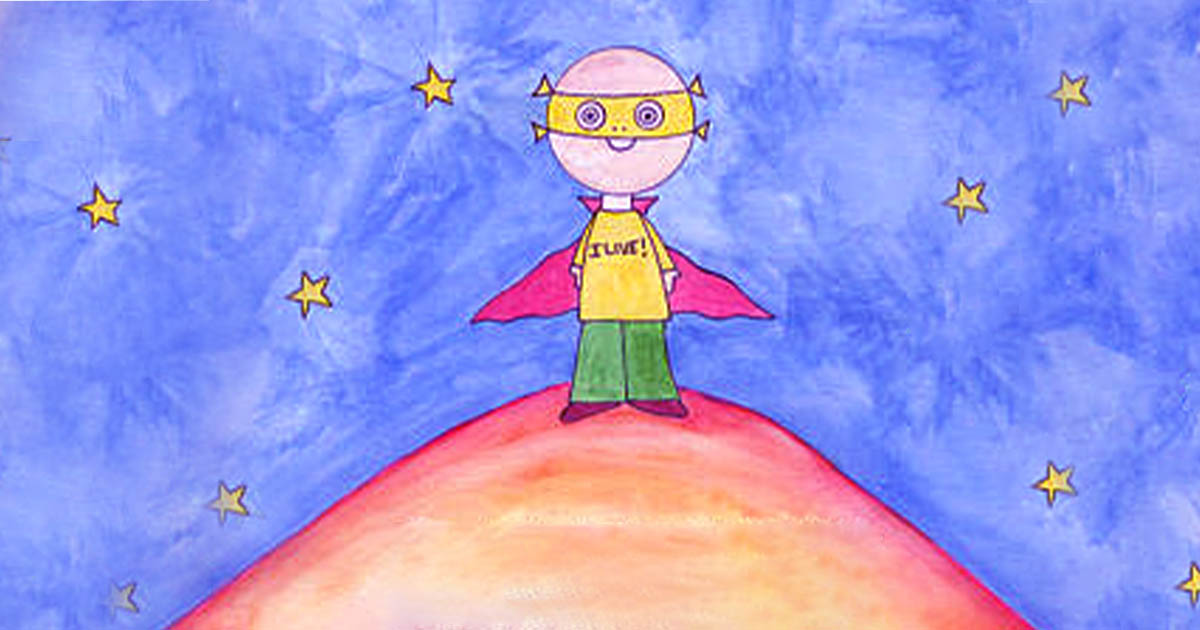Among the most difficult things in life can be interacting with a toxic relative. Unlike friendships which are easy to break off, family connections often feel like permanent ties that we have to maintain no matter how poisonous they might become.
Nevertheless, putting up with destructive behavior from members of our kin can take a huge emotional toll on us and lower the quality of our lives as a whole. Learning how to deal with toxic family members is that much more paramount.
In this post, we will examine complicated dynamics within families characterized by toxicity and offer ten pieces of advice that could help you get through them gracefully and with strength.
From creating limits to taking care of oneself or finding someone who can listen; these methods were developed not only for you but also for healthier communication skills among relatives while still keeping yourself safe.
What Defines A Toxic Family?
A toxic family is a system that consistently impairs its members’ emotional, psychological, and sometimes physical well-being through interaction, communication, and behavior dysfunction. This description often refers to families with pervasive negativity, conflict, and emotional abuse.

Toxic families are defined by Dr. Karyl McBride in her book “Will I Ever Be Good Enough? Healing the Daughters of Narcissistic Mothers” as those where one person or more within the family unit emotionally or physically mistreats, misuses, or abuses another.
70%-80% of Americans consider their families dysfunctional according to recent statistics. Gourani (2019) indeed proved beyond doubt that our emotional and mental health cannot do without having something established deep within us through our relations with relatives.
Having been brought up by people who poison everything around them one may find it hard to know what should be tolerated within relationships and what shouldn’t be. It’s possible for this dysfunctionality not only to seem normal but also to feel comfortable following such a path.
At some stage of life, we start noticing feelings like anxiety, stress, depression, etc., when being with our family. At that moment we have to realise and learn how to deal with toxic family members.
Read More: What Is A Toxic Family And Signs You Grew Up In A Toxic Family
5 Alarming Signs of A Toxic Family
Dealing with toxic family members entails recognizing signs that indicate dysfunction and danger. These indicators are vital in comprehending the situation at hand as well as taking necessary measures towards recovery and personal development.

Below are some alarming signs of a toxic family:
1. No Boundaries and Emotional Safety:
In a toxic family, there is usually no emotional security because boundaries among members are undefined or not respected at all. This may make someone feel insecure emotionally since they cannot predict how their actions or words will be taken by others around them within the same setting.
Consequently, individuals lack this sense of safety to be themselves and seek support whenever necessary. When limits aren’t set manipulation becomes more likely than not; emotional abuse could also thrive under such conditions together with persistent feelings controlled or invaded.
2. Communication Breakdowns and Unresolved Conflicts:
Toxic families have poor communication skills which result in frequent misunderstandings, misinterpretations, and unresolved conflicts. Such conversations might be hostile characterized by defensiveness or even avoidance where people find it hard to express what they think about openly including their needs and desires.
This leads to simmering below-the-surface disputes that eventually blow up leaving behind an environment filled with bitterness. Cycles of dysfunction continue within familial dynamics due to a lack of healthy channels through which issues can be addressed and communicated leading its the resolution
3. Emotional Manipulation and Control Scheme:
In families where toxicity is rampant, one or more members will use emotional manipulation and control tactics to stay in charge of the family system. Some of the forms this can take include guilt-tripping, gaslighting, or emotionally blackmailing others into thinking, feeling, or behaving how they want them to.
People might be made to feel like they must meet unrealistic expectations or give up their wants and needs in order not to provoke manipulative relatives’ anger. When manipulation becomes so widespread that it eats away at trust levels, self-esteem starts getting destroyed while dependency on others for validation keeps growing steadily.
4. Cycle of Blame Criticism Negativity:
Toxic families are often characterized by a cycle of blaming criticizing and being negative where members constantly judge belittle or scapegoat each other.
Instead of being supportive and nurturing environments, these homes breed an environment where people cannot stop finding fault with anyone around them because they believe that pointing out others’ faults somehow absolves them from dealing with their problems.
5. Emotional Neglect and Lack of Support:
In toxic families, emotional neglect is common and many members may feel unseen, invalidated, or brushed aside. Their presence notwithstanding, relatives could sometimes fail to supply any emotional support necessary for growth as well as good health.
Instead of comforting them when they are distressed or showing empathy toward their situation individuals might be met with apathy, criticism even neglect.
Such chronic absence in providing care emotionally leaves people feeling lonely thus sabotaging their capability to make strong bonds outside immediate relations while also hindering healthy relationships within the same.
It may not be easy to recover from the effects caused by a hostile family environment but it is possible. That’s why one should know how to deal with toxic family members better.
Read More: Family vs Friends: 10 Important Things To Consider In Each Relationship!
10 Helpful Tips on How To Deal With Toxic Family Members
While it is true that cutting off a friend is easier if they become toxic, saying goodbye to a family member for good is the hardest thing ever. One way or another you are going to have to see them and pretending not to notice their toxicity may not be the best approach.

You must learn to deal with your family even when some of their behaviors do not sit well with you.
The following are some of the ways on how to deal with toxic family members:
1. Establish boundaries:
Make clear boundaries that you can assertively communicate to your family members. Let them know what kind of behavior is unacceptable and be ready to enforce consequences whenever those limits are violated. Always remember that setting boundaries helps safeguard one’s emotional well-being as well as promote healthy relationships.
2. Reduce contact:
If possible try cutting down on exposure to toxic relatives; this could mean decreasing the frequency of visits or interactions especially if being around them continually has negative effects on your mental health. Prioritize spending time with individuals who uplift and support you instead of draining your energy.
3. Self-care:
Take care of yourself emotionally, mentally, and physically too; engage in activities that make you happy, relaxed, and fulfilled while at it ensure you prioritize personal needs over pleasing toxic members in the name of love for yourself. Remember self-care isn’t selfishness rather it’s vital for general happiness alongside physical fitness too
4. Ask for Help:
Seeking support should never be overlooked especially when you are trying to learn how to deal with toxic family members.
Get support from friends or other family members who understand and can give advice, or from a therapist who can empathize with you through this difficult journey of dealing with toxic family members. Knowing other people are there for you helps build confidence in setting boundaries and taking care of oneself.
5. Keep Calm and Stay Grounded:
Keep your cool when dealing with toxic relatives by staying present. Ground yourself in the now through mindfulness practices like deep breathing exercises or visualizations. Remember that you don’t have control over others’ actions but how you react towards them.
6. Have Sensible Expectations:
Be realistic about what you expect from people who are poison to themselves as well as those around them – including family members. Understand that changing these individuals might not be possible; instead, concentrate on managing personal emotions triggered by them while letting go of the desire for their affirmation or approval – finding peace within oneself.
7. About What You Can Control:
Rather than attempting to change poisonous family members, concentrate on what you can control – your thoughts, emotions, and actions. Select kindness and empathy as your answers even when faced with negativity. Keep in mind that you possess the choice of being whoever you want to be in this world.
8. Unattach Yourself Emotionally:
Unattach yourself emotionally from the words and deeds of toxic family members. Their conduct should serve as a mirror reflecting upon their issues or fears but not an evaluation of how valuable or important one is as an individual.
Self-compassion ought to be practiced all through along with reminding oneself that irrespective of what others may think about us; we still deserve love and respect from them.
9. Self Pardoning:
In case dealing with unhealthy relatives has left any guilt feelings about past mistakes made or perceived weaknesses shown during these encounters, forgive yourself for such things already done then let go of all negative emotions related therewith while moving forward in life more kindly towards oneself realizing that there’s need for forgiveness & healing too.
10. Seek Professional Assistance:
If ever it feels like learning how to deal with toxic family members becomes too much or beyond one’s ability to deal with alone, then seeking help from professionals such as therapists/counselors can be considered a useful alternative available so far within reach.
Moreover, mental health experts are capable of giving extra coping strategies alongside other ways tailored exactly based on every unique situation facing different people out there.
Always bear in mind that taking care of yourself is the most important thing and that sometimes this means taking a step back from toxic family members who may not have your best interest at heart. You deserve relationships that foster happiness while accompanying personal growth throughout the emotional recovery process.
A Word From Mind Family
At Mind Family, we comprehend the difficulties of managing relationships with poisonous relatives. This can be tough and it’s alright to feel overwhelmed sometimes. Just remember – you are not alone on this journey!
Also, don’t forget that there are many resources for support such as setting limits or taking care of oneself which may involve seeking help from professionals.
One should take care of their health first before anything else and try surrounding themselves with positive people who will encourage them always to be strong regardless of what they may face while dealing with these negative individuals who happen to share blood ties with us since it could lead us into becoming better versions of ourselves.
Use these suggestions provided herein so that even during difficult times one can remain strong enough or ask for assistance when necessary thus allowing them to come out through such challenges stronger than before.
Frequently Asked Questions (FAQs)
1. What is a toxic family?
A toxic family is characterized by dysfunctional patterns of interaction, communication, and behavior that consistently undermine the well-being of its members. It often involves negativity, conflict, emotional abuse, and mistreatment among family members.
2. What are the signs of a toxic family?
Signs of a toxic family include a lack of boundaries and emotional safety, communication breakdown, emotional manipulation and control, a cycle of blame and negativity, and emotional neglect. These patterns can lead to feelings of insecurity, anxiety, and isolation among family members.
3. How to deal with toxic family members?
Learning how to deal with toxic family members involves setting boundaries, limiting contact if necessary, practicing self-care, seeking support from friends or professionals, staying calm and grounded, setting realistic expectations, focusing on what you can control, detaching emotionally, practicing forgiveness, and considering professional help if needed.


















Leave a Reply